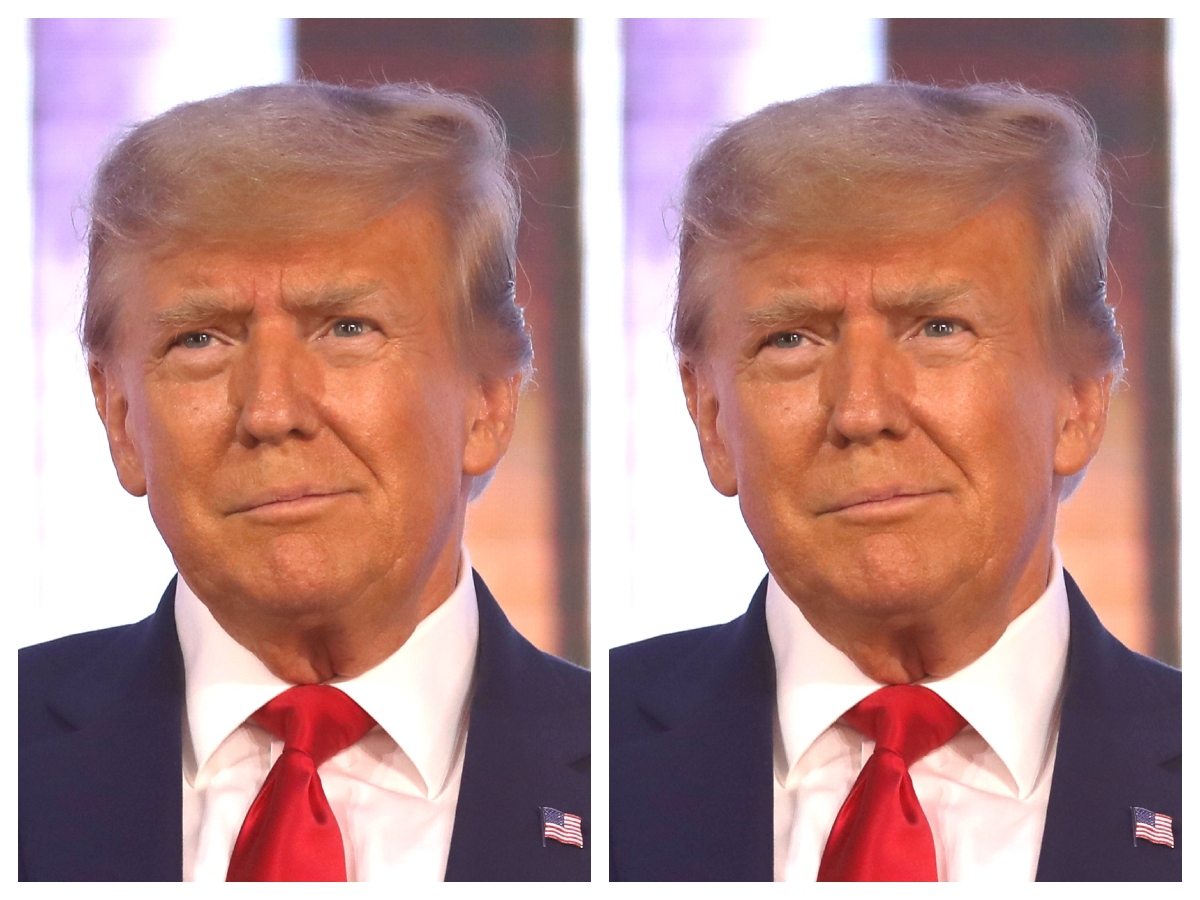A federal judge on Thursday halted President Donald Trump’s plan to deploy National Guard troops in the Chicago area, ruling that there was no credible sign of a “danger of rebellion” in Illinois. The temporary order blocks the deployment for two weeks while the court reviews the legality of the operation.
The ruling handed a win to Democratic leaders in Illinois and Chicago, who have fiercely clashed with Trump over his efforts to station troops in major cities as part of his intensified immigration crackdown.
“The court confirmed what we all know: There is no credible evidence of a rebellion in the state of Illinois. And no place for the National Guard in the streets of American cities like Chicago,” said Gov. JB Pritzker after the decision.
Judge Perry, appointed by President Joe Biden, found that the administration had violated both the 10th and 14th Amendments, which protect states’ rights and ensure due process. She criticized the Department of Homeland Security, saying its justification for the deployment stemmed from Trump’s “animus toward Illinois elected officials” and described the agency’s portrayal of events as “simply unreliable.”
Perry scheduled another hearing for October 22 to decide whether to extend the order beyond October 23, when it is set to expire.
The state and city jointly sued the federal government earlier in the week, arguing that the activation of 500 Guard members, some from Texas and Illinois, was unlawful. The troops had been ordered to a U.S. Army Reserve Center in Elwood, southwest of Chicago, under a 60-day activation by U.S. Northern Command.
By Wednesday night, some soldiers were already sleeping in vans outside a U.S. Immigration and Customs Enforcement building in Broadview. When they emerged Thursday morning, they were seen patrolling behind portable fences at a site that has recently witnessed sporadic clashes between protesters and federal agents.
During the hearing, Justice Department lawyer Eric Hamilton argued that the Guard’s mission was limited to protecting federal buildings and personnel, not “solving all of crime in Chicago.” He added, “Chicago is seeing a brazen new form of hostility from rioters targeting federal law enforcement.”
But Judge Perry dismissed the government’s argument, stating, “I have seen no critical evidence that there is a danger of rebellion in the state of Illinois.”
READ ALSO: After Portland win, Illinois fights Trump’s move to send National Guard troops to Chicago
Illinois Attorney General Kwame Raoul said after the ruling, “The president does not have the unfettered discretion to turn America’s military against its own citizens when they exercise their constitutional rights.”
Trump, however, has repeatedly painted Chicago as a lawless “hellhole” despite statistics showing a decline in crime rates. He has accused Pritzker and Chicago Mayor Brandon Johnson of failing to protect federal agents during immigration sweeps, at one point saying they should be arrested. Pritzker responded, “Come and get me.”
In the courtroom Thursday, Mayor Johnson reportedly sat quietly as proceedings were broadcast into an overflow room. State and city officials maintained that Trump’s use of the military overstepped constitutional limits and inflamed tensions rather than improving public safety.
The dispute centers on whether Trump can rely on the Insurrection Act, which allows active-duty forces to be deployed domestically in cases of rebellion or obstruction of federal law. The 1878 Posse Comitatus Act generally prohibits the military from acting as law enforcement within the United States, except under specific circumstances authorized by Congress.
The Illinois case mirrors other legal fights across the country over Trump’s use of the National Guard for immigration enforcement. A federal appeals court on Thursday also heard arguments on whether the president had the authority to command 200 Oregon Guard troops for deployment in Portland, where small nightly protests have continued outside an ICE facility.
Earlier in the week, another judge issued a temporary restraining order blocking that move, following a similar ruling in California last month. In that case, the court found the deployment illegal but stopped short of ordering the remaining troops to leave, since most had already withdrawn.
Meanwhile, two dozen Democratic-led states have filed briefs supporting Illinois, Oregon, and California in their challenges to Trump’s actions, while 20 Republican-led states have sided with the administration.
Separately, Chicago’s federal court also ruled that ICE had violated a 2022 consent decree governing warrantless arrests, saying agents repeatedly failed to provide documentation for detentions outside their original targets. Advocacy groups say hundreds of people detained around Chicago could now see reduced bonds or have ankle monitors removed.
READ ALSO: Trump’s Oregon National Guard deployment blocked temporarily by federal court ruling
Trump has also dispatched troops to Los Angeles and Washington, and in Memphis, local officials said Guard patrols could begin Friday with limited duties such as traffic control. Police Chief Cerelyn “CJ” Davis said she hoped the troops would maintain visibility in retail areas without “mak[ing] the city feel like there is this over-militarization in our communities.”










